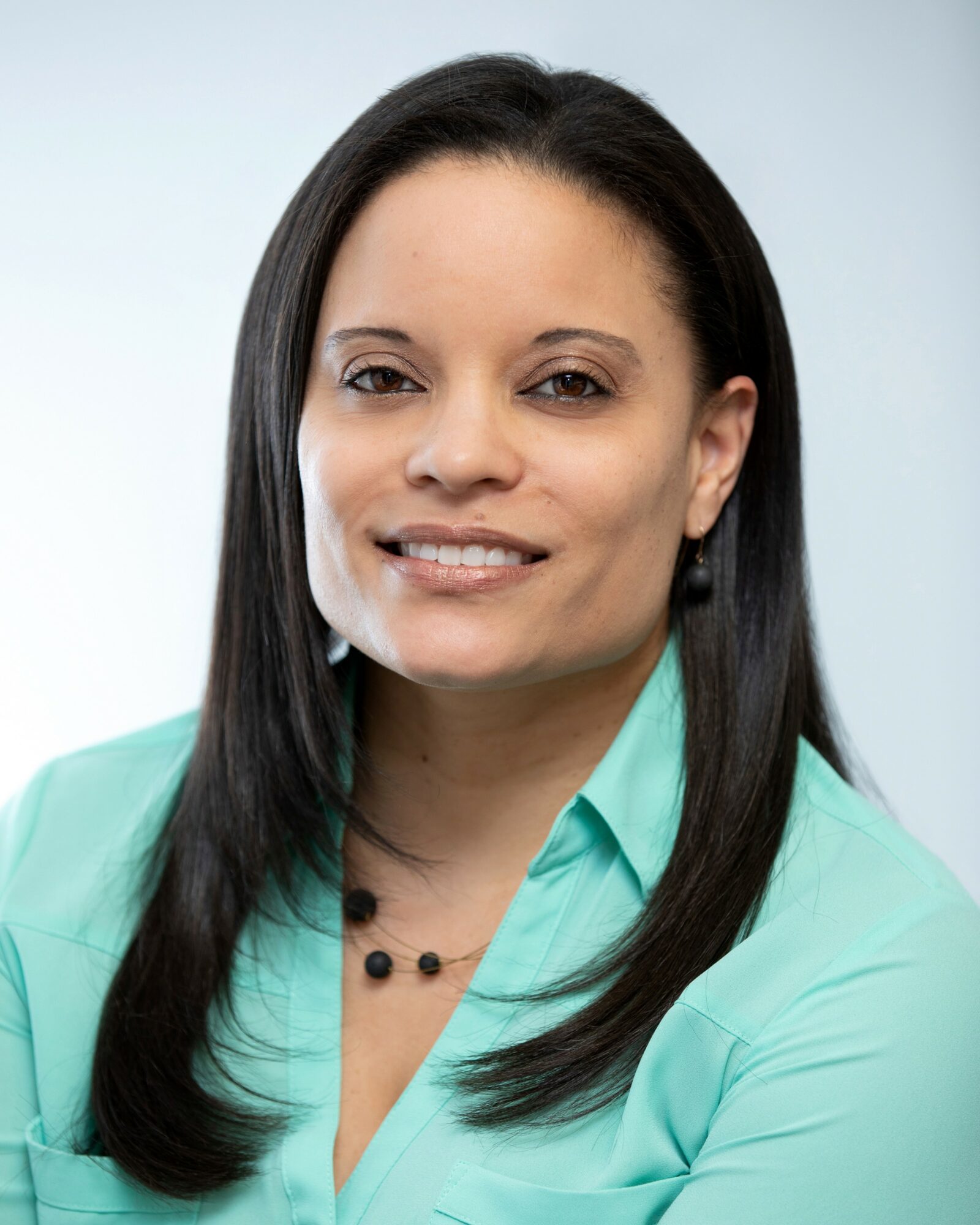 Today we’d like to introduce you to Dr. Valerie Jackson. They and their team shared their story with us below:
Today we’d like to introduce you to Dr. Valerie Jackson. They and their team shared their story with us below:
Dr. Valerie D. Jackson holds a doctorate degree in Clinical Psychology and has over 23 years of experience working with children in care (Child Protective Services). Dr. Jackson’s expertise is based on her extensive work at residential treatment centers, inpatient and outpatient mental health facilities, and child placement agencies, and her work as a clinician and case manager.
She is the founder and Chief Executive Officer of three organizations: Monarch Family Services, The Adolescent Center and Mental Health Services, and Initiatives for Healthy Communities, whose collective mission is to improve the child welfare system through empirically informed best practices and innovative research. Dr. Jackson has published her work in a few reputable publications.
Dr. Jackson also serves as a board member for Open Gate Homeless Ministries, Texas Center for Child and Family Studies, and Julia C. Hester House Inc., and is involved as a committee member for the Committee on Advancing Residential Practices (CARP), Coalition of Child Serving Sectors, and Relative as Parents Coalition.
She is a member of the Texas Psychological Association, American Psychological Association, Texas Alliance of Child and Family Services, and Region 6 CPS Service Provider Group which includes several counties in the greater Houston region. Dr. Jackson is passionate about providing children and families with effective programming to improve their lives and overall well-being.
Would you say it’s been a smooth road, and if not what are some of the biggest challenges you’ve faced along the way?
The challenges have been advocating to change the child welfare system to be more family-of-origin focused NOT traditional foster care with unrelated families.
Appreciate you sharing that. What should we know about Monarch Family Services?
Monarch Family Services was established in February 2014 and has worked diligently to be a catalyst of positive and sustainable change in the lives of the children and families that we serve. The agency has the following programs: Prevention Services, Preservation/Reunification Services, Kinship and Unrelated Home Licensing and Supportive Services, and Post Permanency Support.
The Founder and CEO, Dr. Valerie D. Jackson is the principal investigator on kinship family research that is being conducted by the agency. The Prevention Services consist of the Kinship Navigator Program and an Intensive Case Management Program. The Kinship Navigator Program provides services to relative caregivers without CPS involvement but has a tremendous need for support.
The services this program offers are 24/7 crisis hotline access, advocacy, behavioral health/psychological services, case management, financial support, and parent support, groups. The Intensive Case Management Program is for families in crisis that do not have CPS involvement but are at risk. The program includes parent education classes, family and individual counseling, and a crisis intervention helpline.
The reunification and preservation services are for families with active CPS cases. The parent(s) are required by CPS to complete therapeutic services so that children can remain or return home safely. MFS offers the following services to parents: psychological services, outpatient substance abuse treatment, supervised visitation, parent education classes, domestic violence prevention groups, and intensive case management.
The kinship and unrelated family home licensing and support program is a path to permanency for children in the custody of CPS. We license kinship and unrelated families to be fostered to adopt or foster guardianship homes. Other supports that are offered to the families are mental health services, intensive case management, a crisis intervention helpline, a shared parenting program model (TXPOP), and bimonthly parent support groups.
The post-permanency program is for kinship and unrelated families that have achieved permanency with Monarch Family Services. The services that are offered are psychological services, a bimonthly parent support group, a crisis intervention helpline, and an invitation to MFS Family events. The post-permanency families can access services for the child(ren) or their family at any time. The agency started conducting research in 2019 in partnership with the University of Houston Clear Lake.
There were 8 Kinship Caregivers were recruited from Monarch Family Services Foster Care and Adoption Department. Research Assistants conducted 1-3 hour structured interviews via Zoom using open-ended questioning. The interviews were recorded by Zoom and then uploaded to Sonix for transcribing. The research team developed questions, themes, and theories throughout the analytic process by increasing familiarity with the data.
We identified patterns across the eight interviews, including three types of social support: Enacted, Perceived, and Social Embeddedness The interviews were observed by three research assistants to determine the levels of social support that were endorsed by the families. The findings provided specific actions on what kinship caregivers categorize as support. The next phase of the research is addressing policies, practices, and how the child welfare system supports Black, Indigenous, and People of Color (BIPOC) kinship caregivers.
We are investigating the factors BIPOC kinship caregivers perceive to be important when choosing to forego supported permanency for the relative child in their care. We draw an important distinction between supported and unsupported permanency, where the former includes governmental benefits, and the latter does not.
Monarch Family Services is an agency that strongly supports the family of origin. If children are unable to remain with their biological parents, the best alternative out-of-home placement is with family. Children in foster care typically prefer to be placed with a relative, or an adult with that they have an established relationship. Kinship caregivers reported having a more stable environment with fewer behavior and mental health problems than children in foster care with unrelated caregivers.
Overall, children raised by relatives, as adults have reported better well-being than children in foster care (Winokur et al., 2014). The agency supports these biological relationships and has developed a comprehensive service model for a healthy family dynamic with a high probability of long-term success.
We love surprises, fun facts, and unexpected stories. Is there something you can share that might surprise us?
I’ve adopted three children from the child welfare system.
Contact Info:
- Website: www.monarchfamilyservices.org
- Instagram: @MonarchFamilyServices
- Facebook: https://www.facebook.com/monarch.family.services.tx











